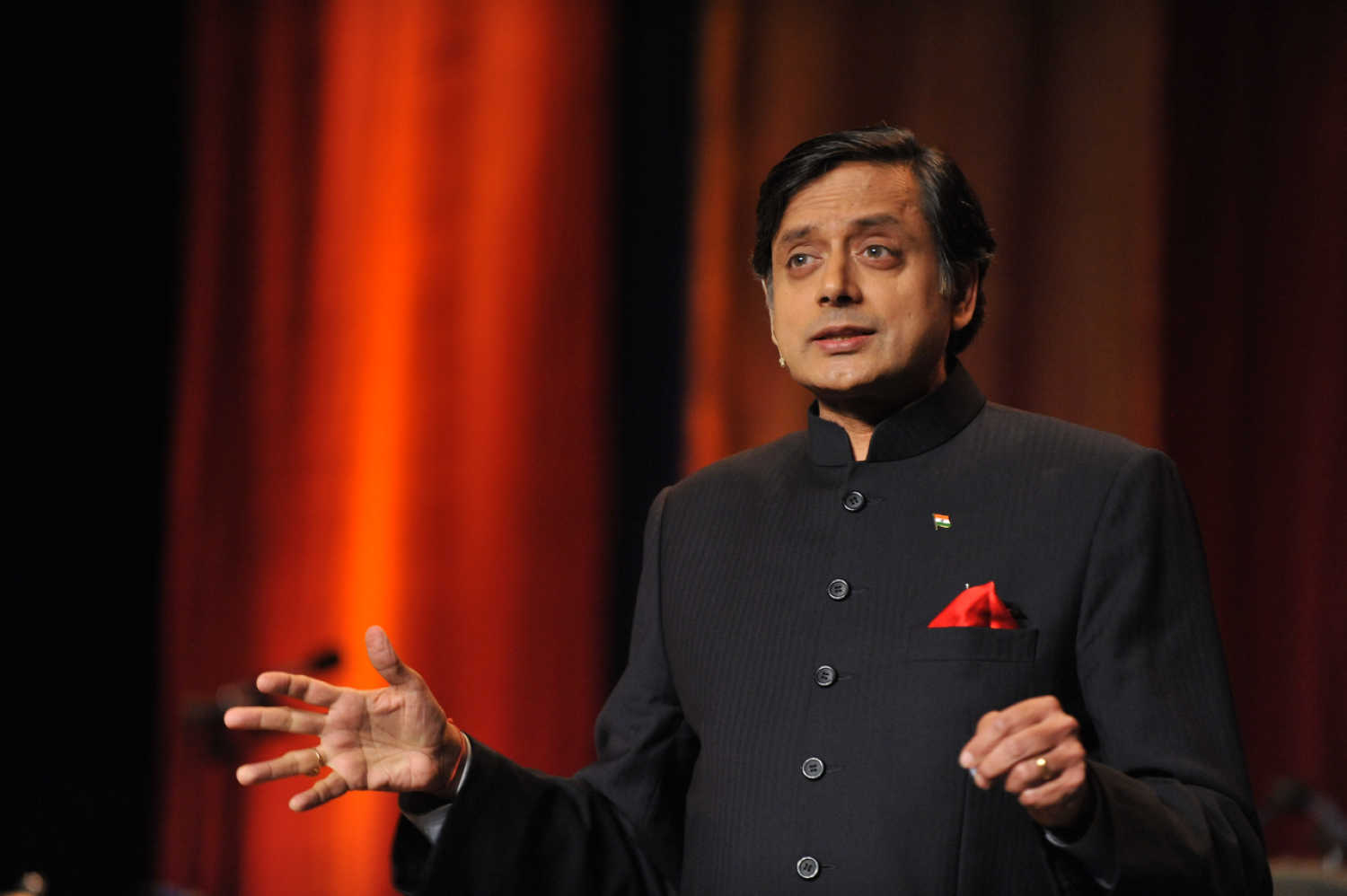The Congress politician introduced an updated bill in the Lok Sabha to restructure the 1952 act to protect and enhance artistic freedom.
Shashi Tharoor proposes amendments to the Cinematograph Act
Mumbai - 08 Aug 2018 19:00 IST
Updated : 21:41 IST


Sonal Pandya
Member of Parliament Shashi Tharoor introduced the Cinematograph (Amendment) Bill 2018, a private member's bill, in the Lok Sabha on Friday, 3 August.
The Congress leader stated that it was his intention to do away with the outdated methods of the existing Cinematograph Act which hamper artistic freedom.
Tharoor's bill lists four key points, which he highlighted in a series of tweets.
1/4 On Fri I introduced my Cinematograph (Amendment) Bill, 2018, to remove the outdated provisions which hamper the free flow of free speech, especially artistic freedom. The protection of artistic freedom is essential for the development of our culture &our democracy. pic.twitter.com/fEzoXTIT7V
— Shashi Tharoor (@ShashiTharoor) August 6, 2018
2/4 CBFC should act only as a certification body, not as a censorship body. Its censorship powers (&the Govt's power to revise its decisions as to whether a film should be screened or not) reflect a regressive&paternalistic outlook which is out of date in the 21st century.
— Shashi Tharoor (@ShashiTharoor) August 6, 2018
3/4 The existing guidelines for certification are broad &vague, allowing theCBFC to pass absurd orders such as muting individual words of dialogue, like the term ‘cow’ in a documentary on AmartyaSen. My Bill introduces comprehensive guidelines for gradation in film certification.
— Shashi Tharoor (@ShashiTharoor) August 6, 2018
4/4 My Bill also removes the discretionary powers of the State to ban films. The State should only resort to the power of suspension of films as a last resort in order to maintain public order. We should not be held hostage by vigilante groups & self-appointed 'moral police'.
— Shashi Tharoor (@ShashiTharoor) August 6, 2018
The first point asks that the pre-censorship powers of the Central Board of Film Certification (CBFC) be removed.
The second wants the ability of the government to suspend films cleared by the CBFC to be restricted.
The third points to the importance of artistic freedom and says it is "integral to the cultural development" of the country.
Finally, the fourth point seeks to exclude the government from the decision-making of the CBFC.
The Cinematograph Act was first introduced in 1920 by the British government. The main aim was to prevent the depiction of anything inimical to British rule in India.
After Independence in 1947, films came under the Bombay Board of Film Censors. In 1952, it was changed to the Central Board of Film Censors. Their aim was to censor films and stop the exhibition of those that were seen as being against the 'culture' of Indian society.
The certification rules were amended in 1983 when the current CBFC was established.
It has been 35 years since the act was last revised. Since then, the Indian film industry has gone through a series of changes in terms of technology and means of exhibition. Films are also held up to a lot more scrutiny and land in controversy more often than in the past. Films like Padmaavat (2018) and Satyamev Jayate (2018) have come under attack from different groups in the name of affront to religion and culture.
Filmmaker Mahesh Bhatt backed Tharoor's proposal, saying, "If the filmmaker continues to be straitjacketed by these regressive rules in the digital age, it would indeed be a tragedy. Thank you for giving our anguish a voice."
Life roars at us when it wants us to change. If the film maker continues to be straitjacketed by these regressive rules in the digital age it would indeed be a tragedy. Thank you for giving our anguish a voice. https://t.co/A7E9qsnV9w
— Mahesh Bhatt (@MaheshNBhatt) August 6, 2018
On Twitter, Tharoor thanked Bhatt and urged other filmmakers to speak to Rajyavardhan Singh Rathore, the Union minister of state for information and broadcasting, on the issue.
Related topics
Censorship

